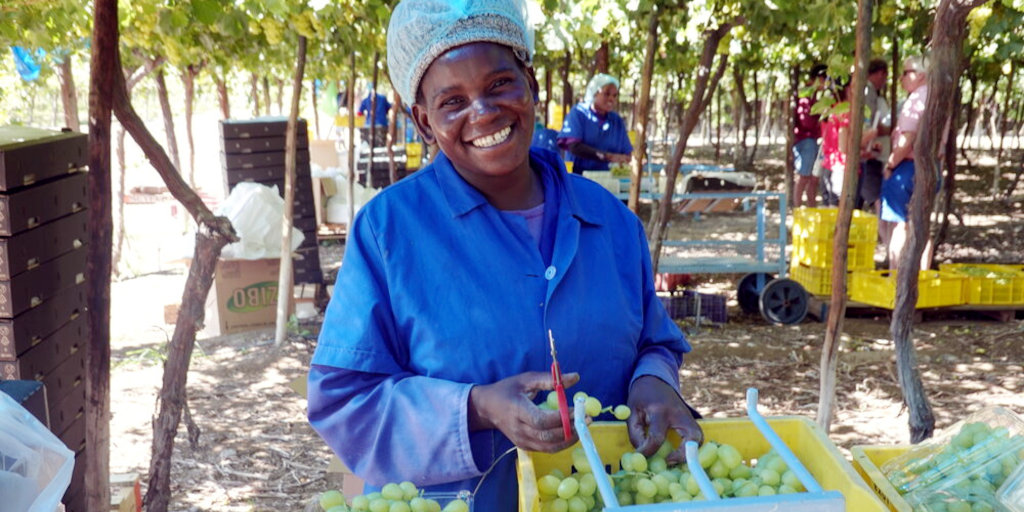Read in
By June Njoroge
Renowned by some as ‘Africa’s melting pot’ and ‘Africa in miniature’ by others, Cameroon is inarguably one of the most diverse countries in the continent. Perched at the crossroads of West and Central Africa, the country not only boasts a rich tapestry of indigenous cultures but also diverse flora and fauna. Its strategic position bordering the Atlantic Ocean to the south west serves as a natural gateway into the landlocked region of Central Africa.
Cameroon is one of the countries that make up the Congo Basin, which is home to the world’s second largest tropical rainforest after the Amazon. The Basin is popularly known as the ‘lungs of Africa’ covering 268 million hectares in Central Africa; a lush region filled with beautiful canopies, that is not only home to more than 10,000 species of tropical plants which cannot be found elsewhere in the world, but also to the world’s largest tropical peatland.
Boasting vast untapped opportunities, Cameroon is also a viable investment destination with key sectors teeming with the potential to attract significant and worthwhile investments. According to forecasts by the International Monetary Fund (IMF), GDP growth is expected at 4.5 percent for 2022, and 4.8 percent from 2023 onwards which signals minimal long-term damage to the country’s economic prospects in the aftermath of the Covid-19 pandemic that dented the economy. By the same token, Fitch Credit Ratings Agency maintained Cameroon’s main credit rating at B, with a stable outlook.
Furthermore, the firm projects that Cameroon will progress on fiscal consolidation and experience an economic rebound after the pandemic shocks, due to the country’s moderate debt level which is positive news for any investor. According to the 2020 CIA World Factbook, Cameroon has a large youth population, with 62.38 percent of the population under the age of 25. The country’s youthful population, which is bilingual, speaking both French and English, makes for an energetic workforce for any investor as the demographic is easily teachable and eager to work. To boot, the country offers a conducive business environment for investors.
Some key sectors that investors should consider include:
Oil and Gas Industry
In the wake of the Russian-Ukraine war and the surge in global fuel prices, oil producing countries in Africa such as Cameroon have gained new prominence in the eyes of international investors, to curb dependency on Russia. Cameroon boasts untapped gas reserves and has been exporting oil since 1977. The government generally operates a revenue-sharing business model with foreign investors.
Cameroon has natural gas reserves estimated to be 4.8 billion cubic feet, of which much remains undeveloped. The leading sub-sectors in the industry include: oil and gas exploration equipment, oil and petroleum refinery equipment and liquid natural gas (LNG) equipment. Additional opportunities in the sector include pipelines, storage and gas to electricity power stations. Investments in Cameroon’s oil and gas sector will optimize not only returns to investors (ROI), but also foster development and drive socioeconomic growth.
Agriculture
Cameroon is popularly known as the breadbasket of Central Africa, as it provides foodstuffs to the Central African Economic and Monetary Community (CEMAC) members and Nigeria. The government has continually invested in agriculture, making it one of the major global producers of cocoa, coffee, tobacco, rubber, cotton, maize, bananas and cassava. Agriculture represents about 14 percent of the country’s GDP.
Therefore, agriculture is a viable sector for investors eyeing Cameroon as their destination. However, most market opportunities exist in transformation of agricultural products or processing raw crops into finished or semi-finished products for exports; establishing SMEs and factories for processing agricultural products for the local market and also setting up large agricultural plantations to produce the raw commodities in large scale in order to sufficiently meet both local and export demands. In tandem, this creates another gap in warehousing to meet storage requirements.
Information and Communication Technology
Information and communication technology (ICT) is the fastest growing economic sector in Cameroon, offering lucrative opportunities for investors. Albeit the rate of internet penetration and connectivity ranks among the lowest in sub-Sahara Africa, there are enormous gaps that need to be sealed, especially to propagate faster internet broadband and 3G-4G networks. In addition, the mobile market also offers numerous opportunities, pertinently with the integration of financial services on mobile phones.
Forestry
Cameroon’s immense tropical rain forests, contain valuable hard and soft woods. Forest exploitation and logging is permitted but regulated, with the country boasting of high-value varieties of timber for industrial, local and export purposes.
Fishing and Aquaculture
According to Cameroon’s Minister of Livestock, the country has a deficit in the fishing sector, which has led to overreliance on imports. He called upon investors to tap into the opportunities in fish-farming sector, to especially capitalize on undeveloped areas, which have been specifically identified as having high aquaculture potential, such as sea fronts, reservoirs and riverine zones.
Other sectors that investors can consider which are additionally included in the country’s Investment Charter Regime include: the textile and apparel industry; stock breeding, storage and preservation of food stuffs, technological research and statistical data management, hospitals and pharmaceutical laboratories.
Cameroon is inarguably a credible investment destination for investors from all walks of life.
Source: TheExchange



